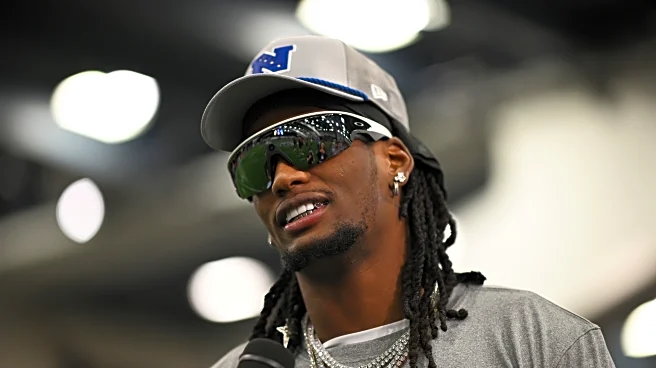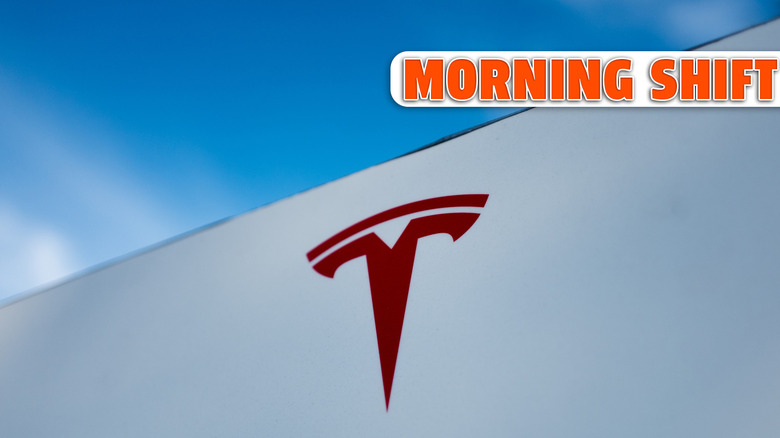
Happy Wednesday! It's August 20, 2025, and this is The Morning Shift — your daily roundup of the top automotive headlines from around the world, in one place. This is where you'll find the most important
stories that are shaping the way Americans drive and get around.
In this morning's edition, we're looking at a new class action against Tesla over autonomy claims, as well as new tariffs on car parts and raw materials. We'll also look at California's attempts to keep EV incentives alive, and VinFast's latest flailing in the United States.
Read more: Consumer Reports' 10 Best Used Cars Under $20,000 Are A Great Way To Dodge Republican Tariffs
1st Gear: Judge Rules Tesla Owners Can File A Class-Action Suit Over Misleading Self-Driving Ads
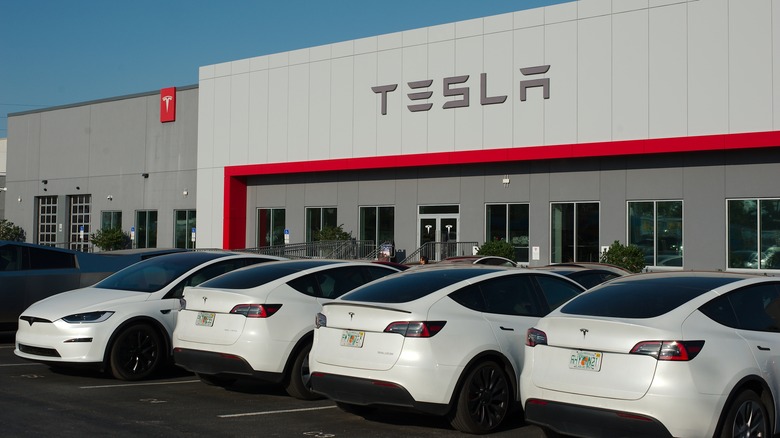
For years, Tesla has marketed "full self-driving" tech on its cars. The software has never been perfect, but Tesla and CEO Elon Musk have always claimed that perfection was just a software update away. After repeated hardware revisions, though, owners have started to feel jerked around — and now the courts agree. From Reuters:
Tesla must face a certified class action by California drivers who said Elon Musk misled them for eight years about the self-driving capabilities of his company's electric vehicles.
U.S. District Judge Rita Lin said the common question of whether Tesla lacked sensors to achieve high-level autonomy plus its inability to "demonstrate a long-distance autonomous drive with any of its vehicles" justified group lawsuits by two sets of drivers who bought its Full Self-Driving technology package.
In her decision on Monday, the San Francisco-based judge also said thousands of people likely saw Tesla's claim in the "Autopilot" section of its website from October 2016 to August 2024 that its vehicles contained hardware for full self-driving.
Tesla made a similar claim in a blog post, newsletter and quarterly earnings call, as did Musk at a 2016 press conference.
As it turns out, blind optimism isn't a fantastic way to run a business. Who would've thought?
2nd Gear: Building Cars In The U.S. Won't Save You From Steel And Aluminum Tariffs
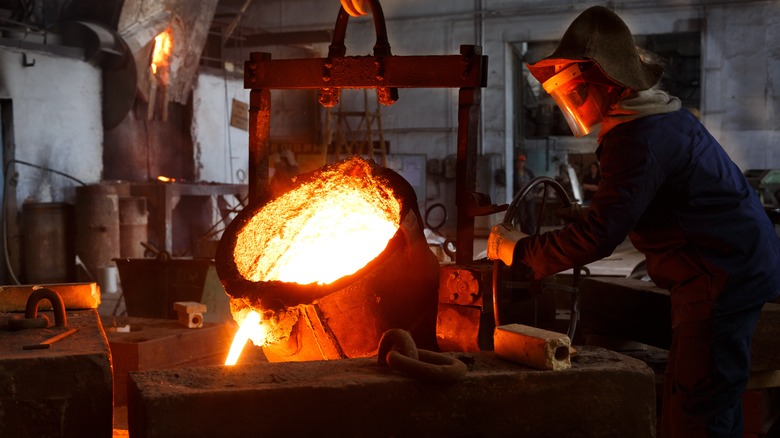
The tariffs start coming, and they don't stop. We've long known that tariffs on steel and aluminum were in the pipeline — the Trump administration's goal seems to be that everything consumed in the U.S. comes from our soil, and stays here forever — but the list of new "derivative products" is truly staggering. Do you want a motorcycle, air conditioner, boat engine, or the components to build a bus? Well, cough up. From Reuters:
The U.S. Commerce Department said on Tuesday it is hiking steel and aluminum tariffs on more than 400 products including wind turbines, mobile cranes, appliances, bulldozers and other heavy equipment, along with railcars, motorcycles, marine engines, furniture and hundreds of other products.
The department said 407 product categories are being added to the list of "derivative" steel and aluminum products covered by sectoral tariffs, with a 50% tariff on any steel and aluminum content of these products plus the country rate on the non-steel and non-aluminum content.
...
The department is also adding imported parts for automotive exhaust systems and electrical steel needed for electric vehicles to the new tariffs as well as components for buses, air conditioners as well as appliances including refrigerators, freezers and dryers.
A group of foreign automakers had urged the department not to add the parts, saying the U.S. does not have the domestic capacity to handle current demand.
Seems bad, folks! Remember that tariffs are paid by American importers, not foreign exporters. Without domestic production capacity, we're not forcing the development of these products to come stateside. We're just making everything cost more.
3rd Gear: California Considers Making Its Own $7,500 EV Tax Credit
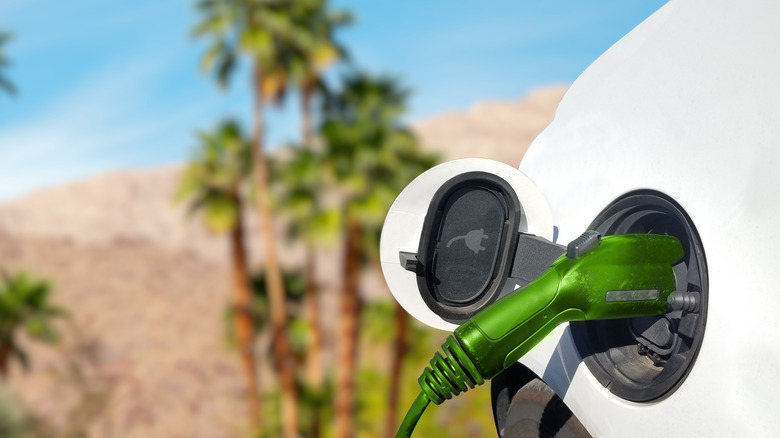
The $7,500 EV tax credit is all but dead. This is bad news for places like California, which have a vested interest in the continued survival of the human species. So, California is pushing back — the state is now considering its own rebate system to keep the EVs selling. From Automotive News:
California is considering funding a replacement for the $7,500 new electric vehicle tax credit and the $4,000 used EV tax credit after those federal incentives end in September.
An Aug. 19 report from the California Air Resources Board recommends action to "backfill the federal tax credits" by providing "point-of-sale rebates, vouchers, or other credits to keep new vehicle sales robust."
The report cautions that incentives would be "contingent upon available resources" and would be "scaled to match our resources and policy goals."
States don't always have coffers as deep as those of the feds, so California's eventual rebate system may not help quite as much as the old $7,500, but we don't have hard numbers for anything yet. We do, however, know that anything is better than nothing.
4th Gear: VinFast Is Scrambling
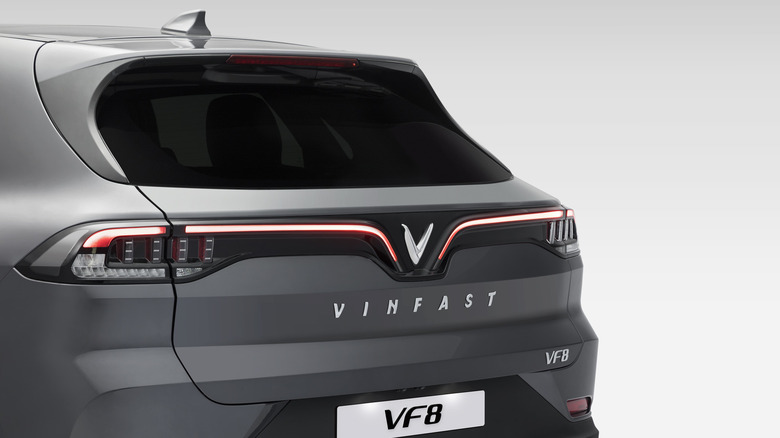
VinFast, a company that swears it's a genuine competitor in the automotive market in the face of all known facts, is still trying this whole "selling cars to Americans" thing. The company announced a while back that it would start using traditional dealers, rather than only relying on direct sales, and now the company has found its first. From Automotive News:
Vietnamese automaker VinFast opened its first franchised dealership in California, ending its direct-sales model in the state and the U.S. after struggling to sell its electric vehicles.
The VinFast San Diego store is part of Sunroad Automotive Group, which sells 14 brands at nine locations and has annual sales of 30,000 vehicles, VinFast said Aug. 19.
VinFast opened distribution to franchised dealers in late 2023 but kept its 15 California direct-sales showrooms. VinFast said April 24 it would close those stores and seek dealer partners.
It's probably a very healthy sign for VinFast that it took this long to find a single dealer interested in carrying its cars. That bodes well, I'm sure.
Reverse: Back When The Dodgers Were Brooklynites
Listen, I love the Mets, but I bet having a team right here in Brooklyn was nice. I'm sure it was, at least. I wasn't around back then.
On The Radio: Shame - 'Cutthroat'
This is another "literally currently on KEXP" installment of On The Radio. I'm having a lot of fun with it.
Want more like this? Join the Jalopnik newsletter to get the latest auto news sent straight to your inbox...
Read the original article on Jalopnik.



